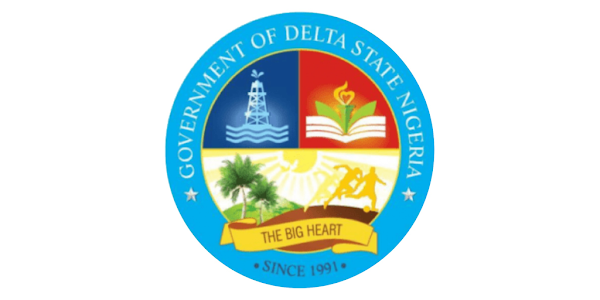The Delta State Government has recently made a commendable move to empower 220 female artisans across its 25 local government areas through the Women Empowerment Skill Acquisition Programme (WESAP). The initiative, driven by the Ministry of Women Affairs, Community, and Social Development, is part of Governor Sheriff Oborevwori’s MORE Agenda, which aims to uplift the socio-economic status of women by providing them with valuable skills and resources to become self-reliant. This step is timely and significant, given the persistent economic challenges faced by women, particularly those who have yet to establish sustainable livelihoods.
The selected 220 women will undergo a two-week intensive training, learning essential skills such as fashion and design, hairdressing, confectioneries, decoration and event management, and beauty care. These are industries with high demand in today’s economy, offering immediate and practical opportunities for income generation. Upon completion of the training, each participant will receive a starter pack tailored to their chosen skill, enabling them to hit the ground running and start their businesses.
Hon. Pat Ajudua, the Commissioner for Women Affairs, lauded the initiative as a vital step toward fulfilling the broader vision of Governor Oborevwori and his administration. She specifically praised the role of the First Lady, Deaconess Tobore Oborevwori, whose dedication to the empowerment of women through initiatives like the You Matter project has been instrumental in the state’s progress in this regard. She rightly emphasized the far-reaching effects of empowering women, stating that “when you empower a woman, you empower a nation.” This notion underscores the idea that supporting women not only helps them individually but also creates ripples of develo+pment that benefit their families, communities, and ultimately the entire state.
However, beyond the immediate benefits of skill acquisition and starter packs, the long-term sustainability of such programs lies in continuous support and mentorship. While WESAP is a great start, the Ministry of Women Affairs should consider establishing a database to track these newly trained artisans, helping them access further opportunities for growth, additional tools, or even loans to expand their businesses. Such a system would ensure that these women do not just remain small-scale artisans but have the opportunity to scale up their businesses, employ others, and contribute more significantly to the state’s economy.
Another vital aspect that needs to be addressed is the judicious use of the starter packs and resources given to the beneficiaries. There have been instances in similar programs where beneficiaries sold off the resources they received rather than utilizing them to start a business. As such, the government and relevant authorities must ensure that the beneficiaries are well-equipped with not just skills but also the discipline and business acumen to grow their trades responsibly.
It is also worth noting that while this initiative focuses on women, the broader issue of unemployment and underemployment among other segments of the population, including youths and able-bodied men, should not be overlooked. While various schemes like D-Cares and others for farmers and youth has been ongoing, there is still a substantial number of individuals in the state who have not had the opportunity to take themselves off the streets or gainful employment. Expanding empowerment initiatives to cover these groups is essential for balanced growth and development.
As the state government forges ahead with this and other empowerment programs, the selection process must remain fair, transparent, and non-partisan. There should be no form of discrimination in identifying beneficiaries, and the focus should remain on those who truly need the support, regardless of their political affiliations. The success of such programs ultimately lies in their inclusivity and the collective will of the government and citizens to uplift all parts of society.
The efforts of the Delta State Government in empowering women through WESAP and other initiatives are commendable. However, they must not rest on their laurels. The journey toward economic empowerment and self-sufficiency is long, but with sustained efforts, continuous support, and a commitment to inclusivity, the state can set a standard in empowering its people. Governor Oborevwori’s administration has taken a positive step in the right direction, and it is hoped that this momentum will continue to grow, ensuring a brighter future for the women of Delta State and, by extension, the entire population.


